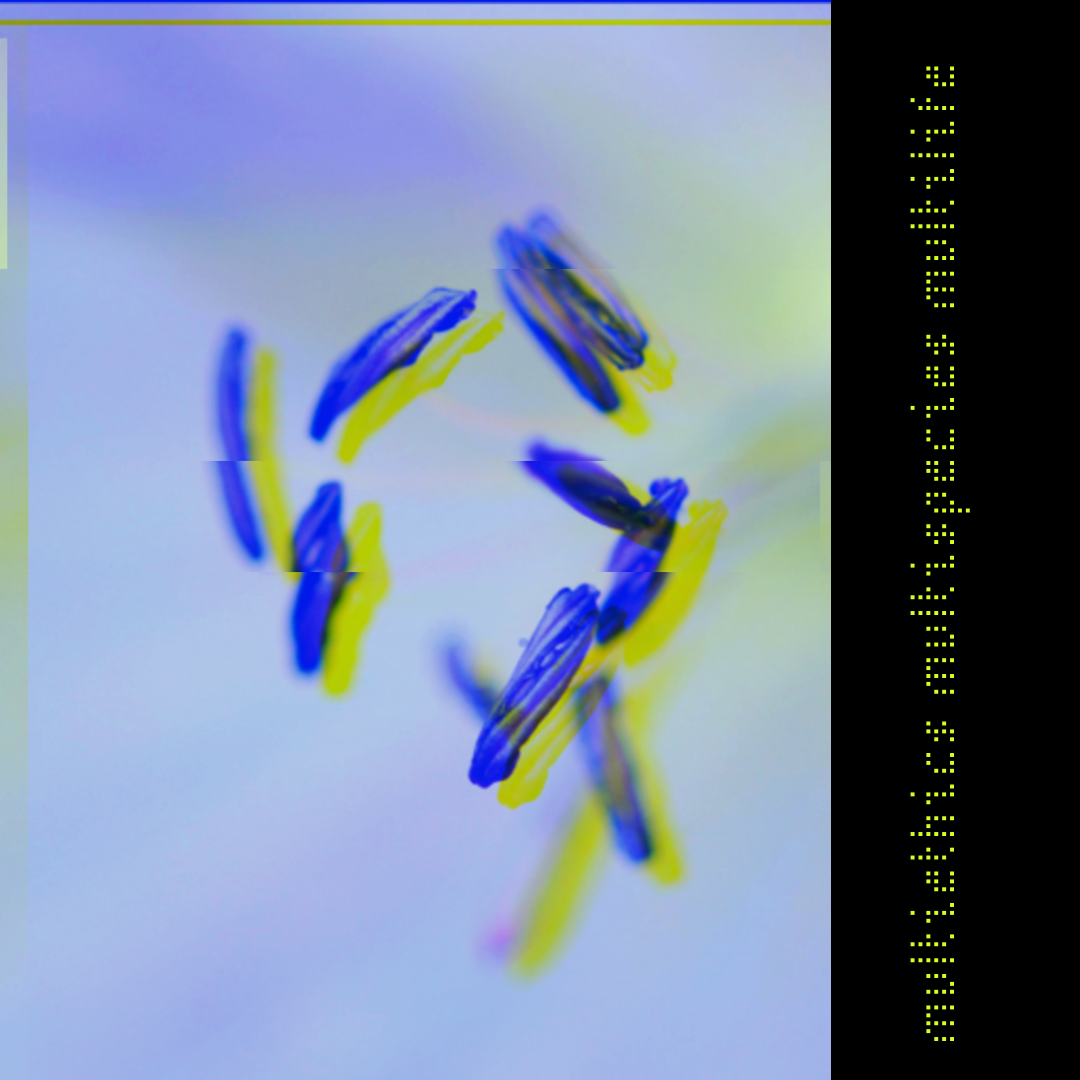
Jonathan Weinert
Artist Statement: Talking & Listening to Plants
“Necropastorals” takes its name from Joyelle McSweeney’s brilliant and disturbing essay collection The Necropastoral: Poetry, Media, Occults. Following McSweeney’s line of thinking, I take it that the naive Renaissance pastoral and the unironic Romantic nature poem are no longer possible. I can verify this simply by walking the trails in the conservation land across the street from my house. It’s not just that the face of nature has changed—although it certainly has—but also that my state of knowledge has changed. There’s no longer any way to believe in the permanence of the natural world, at least not in its current configuration, which is disintegrating before our very eyes. In a poem like “Necropastorals,” I try to summon the courage to open my own eyes and to say what I see.
I take some comfort in the fact that the grass—and more generally speaking the plant life that covers the earth—preceded the human race for millions of years, and will persist for millions of years after the human race has gone, or has transitioned into some other thing. This is not nihilism but an antidote to the pernicious “speciesism” that privileges human needs above the needs of all other living things, and that conflates the end of the human with the end of the earth.
The earth was just fine before we came along and will be just fine after we’re gone, thank you very much—at least until our sun runs out of hydrogen about five billion years from now. I wonder what the poems of that time will be like. Meanwhile, my own poems often try to embrace a planetary view of time, no matter how personal or how local they may be.
We have to give up the view depicted in those “Great Chain of Being” diagrams from the old Alchemical manuscripts, the ones that often put a (male) human figure at the center of a series of concentric rings representing the universe. Such renditions are seductive in their apparent clarity but they are very, very dangerous. As Natalie Diaz writes, “We must go on to a place where we have never been the center, where there is no center—beyond, toward what does not need us yet makes us.”
JONATHAN WEINERT is the author of three books of poems: A Slow Green Sleep (2021), winner of the Saturnalia Books Editors Prize; In the Mode of Disappearance (2008), winner of the Nightboat Poetry Prize; and Thirteen Small Apostrophes (2012), a chapbook. He is co-editor, with Kevin Prufer, of Until Everything Is Continuous Again: American Poets on the Recent Work of W. S. Merwin (2012). Jonathan has received grants from the Massachusetts Cultural Council and the Ucross Foundation. Recent work appears or is forthcoming in Plume, Poetry Daily, and elsewhere.

